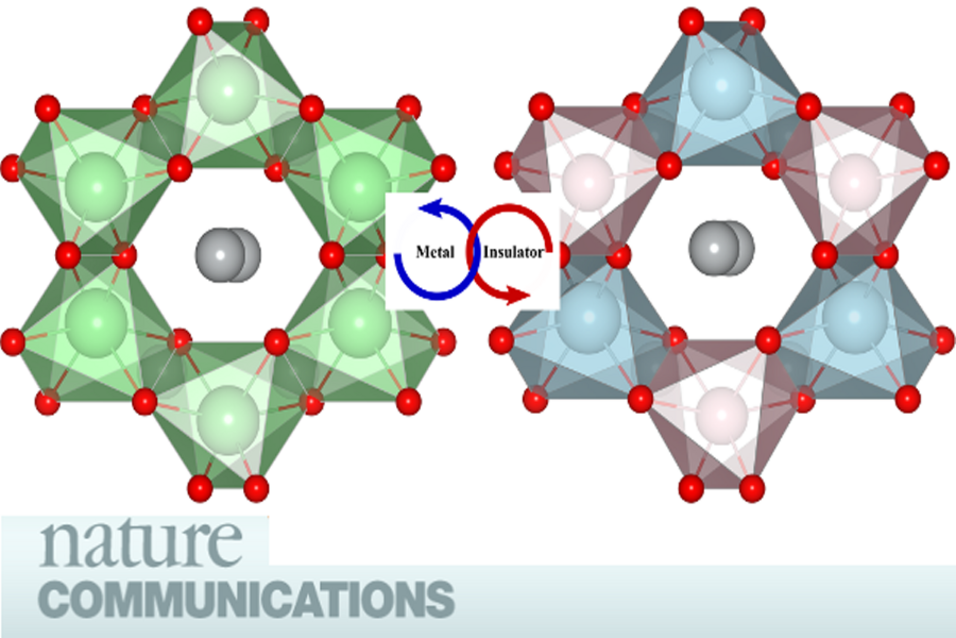Complex oxides are a desirable materials platform for such devices, as they host delicate and tunable charge, spin, orbital, and lattice degrees of freedoms. Here, using first-principles calculations and symmetry analysis, we identify an electric-field tunable MIT, RD effect, and Weyl semimetal in a known, charge-ordered, and polar relativistic oxide Ag2BiO3 at room temperature. Remarkably, a centrosymmetric BiO6 octahedral-breathing distortion induces a sizable spontaneous ferroelectric polarization through Bi3+/Bi5+ charge disproportionation, which stabilizes simultaneously the insulating phase. The continuous attenuation of the Bi3+/Bi5+ disproportionation obtained by applying an external electric field reduces the band gap and RD spin splitting and drives the phase transition from a ferroelectric RD insulator to a paraelectric Dirac semimetal, through a topological Weyl semimetal intermediate state. These findings suggest that Ag2BiO3 is a promising material for spin-orbitonic applications.
NATURE COMMUNICATIONS | (2018) 9:492 | DOI:10.1038/s41467-017-02814-4, P15

